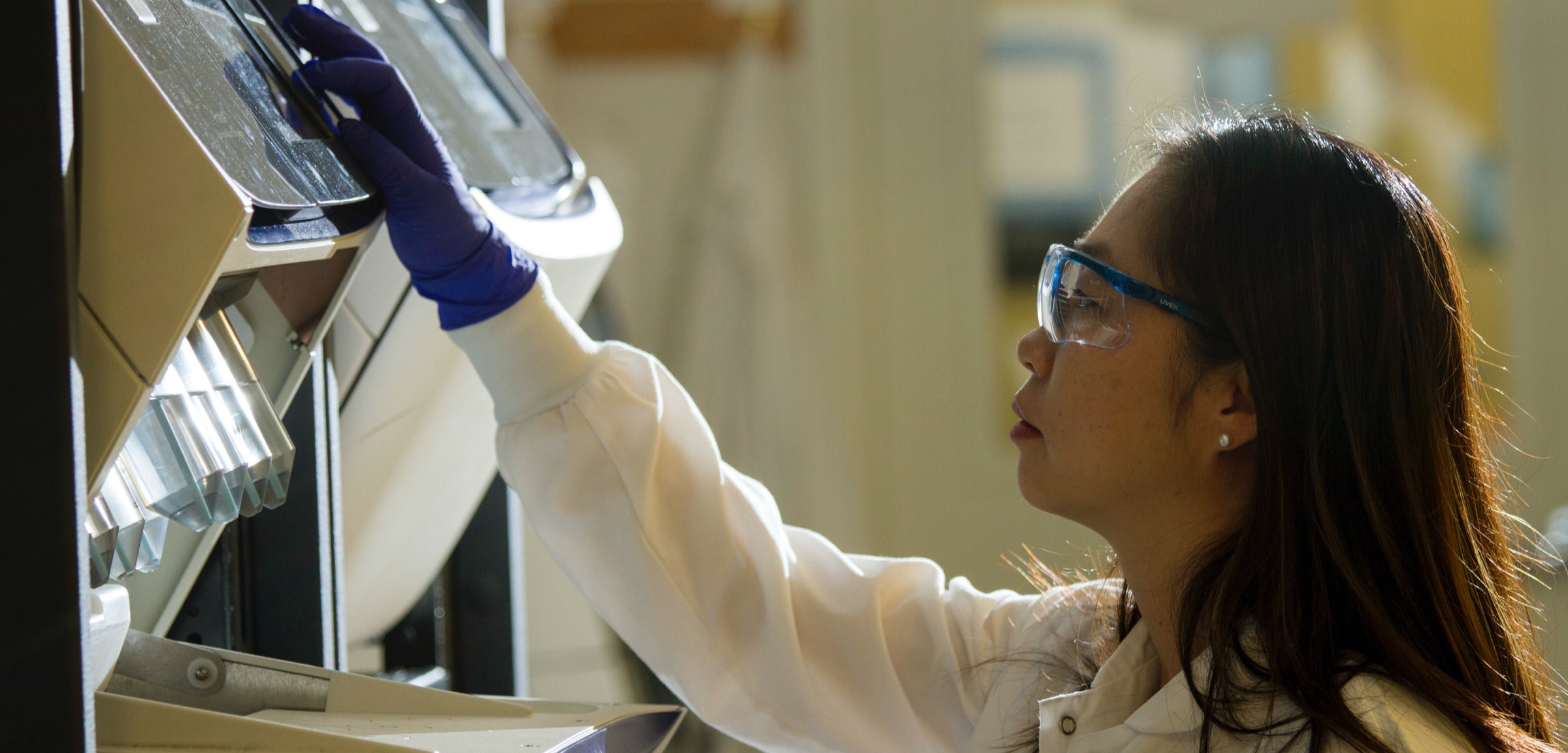
22 Jul Jiva wins InnovateUK funding for Liver Disease Early Diagnosis
Press Release
Summary
Jiva.ai, in collaboration with the University of Manchester and major industrial players such as Roche Diagnostics, has been awarded a prestigious UKRI grant, which will accelerate the production of early diagnostic tools for Liver Disease. This builds upon the existing MRI scan-based detection vertical that Jiva.ai has been working on since 2018. The project is part of a cohort of six innovative health projects led by leading UK institutions, as part of a £16 million call funded by UKRI to speed up life-saving cancer diagnosis and precision medicine.
The project is due to begin in 2020 Q4.
Background
Liver disease is at epidemic proportions with 30-40% of the population thought to have elements of liver dysfunction. A proportion of these patients develop fibrosis that is most commonly diagnosed late and can progress to advanced disease and cirrhosis. It is one of the UK’s largest unmet clinical needs. At present we have a wide range of single diagnostic tests that can pick up established or advanced disease but no means of detecting early disease or stratifying patients destined for progressive fibrosis.
The challenge is one of early diagnosis and stratification: an estimated 1 million individuals in Greater Manchester has elements of liver dysfunction due to alcohol or non-alcoholic fatty liver disease (NAFLD) related to co-morbidities obesity and/or type 2 diabetes. Crucially, only a subset progress to fibrosis and cirrhosis. Because of clinical pathway failure these progressors only get detected late (when there are limited treatment options) if at all. More advanced liver fibrosis is the backdrop for hepatocellular carcinoma (HCC), late diagnosis of which, in turn, results in a somewhat grim 5-year survival (<15%). The market failure is that current commercial diagnostics are deployed in isolation, haphazardly and/or disjointedly, and consequently only reliably detect established/advanced disease. Individually, they are not fit for purpose at early detection or stratifying risk of progression (and future HCC). The technological opportunity is data science, including AI, to integrate the different diagnostic modalities into a simple, cost-effective, community-based liver assessment to unlock early diagnosis, risk stratification and streamlined, efficient clinical pathway transformation. This new capability would disrupt the primary-secondary care interface at population scale and intervene at reversible stages of disease. The current standard comes from the British Society of Gastroenterology (BSG) guidelines, which highlight the current failure at early diagnosis and risk stratification; and pointedly decline to endorse current NICE recommendations on single testing.
Our project will address this clinical and commercial shortfall by co-creation of data science solutions to integrate a wide range of multimodal diagnostics and patient data. This widespread diagnostic integration to make early diagnosis would be an innovative breakthrough from the currently siloed commercial products.
Jiva will form the backbone of the data science effort in this project, bringing together data modalities – from primary care data to genetics, proteomics and imaging – to create early diagnostics that will save thousands of lives. This is one more exciting project for Jiva and one that will further validate our way of creating machine learning solutions.
Partners and Collaborators
- University of Manchester (Neil Hanley) & Manchester University NHS Foundation Trust
- University of Nottingham & Nottingham University Hospitals NHS Trust
- Roche Diagnostics
- GE Healthcare
- Trustech Smart Healthcare Ventures
- SECTRA
- Sollis Partnership
- Northwest eHealth
- Health Innovation Manchester
- Octopus Investments



